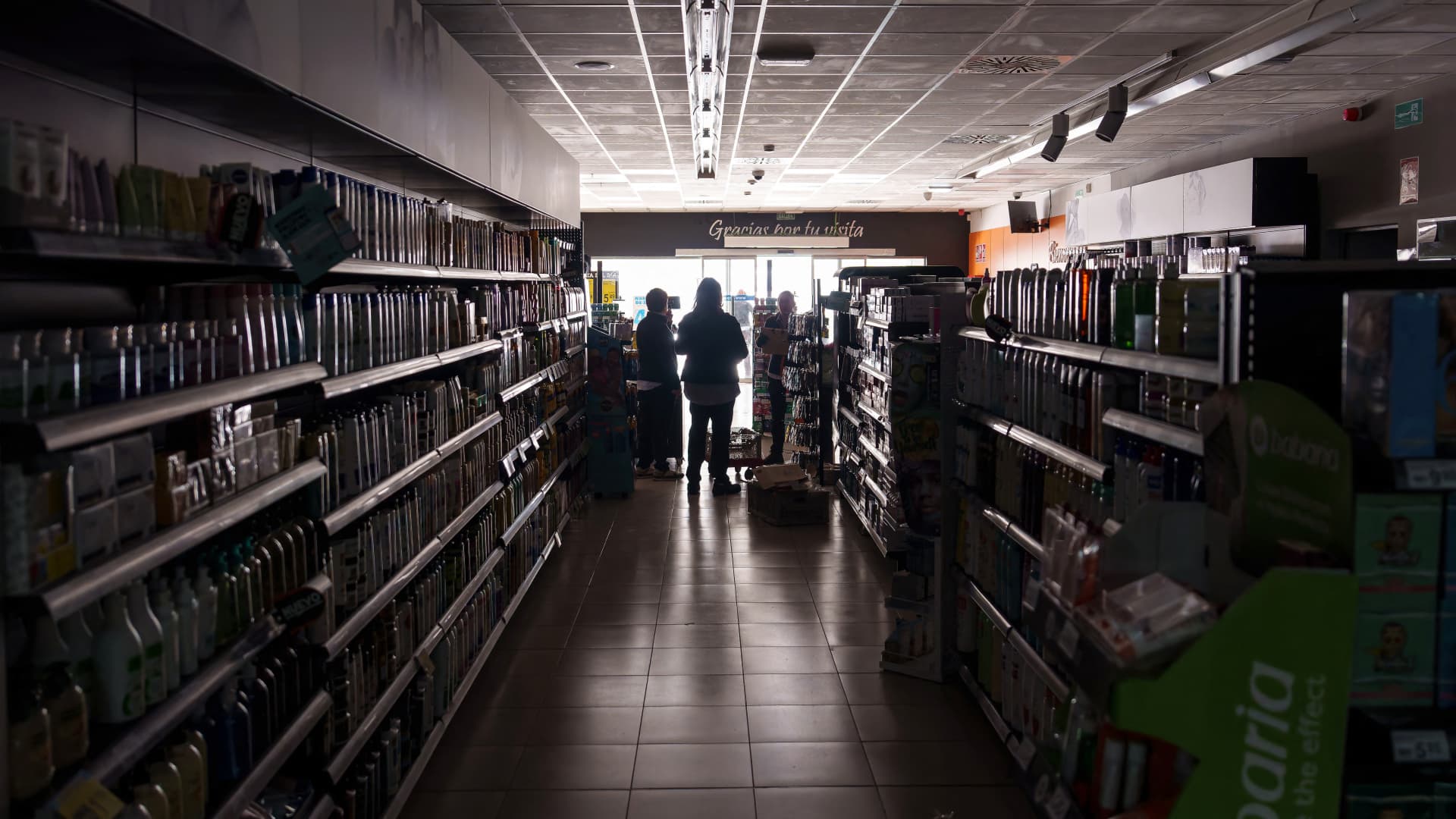The Unprecedented Power Outage: A Catalyst for Debate
A Day of Darkness
Imagine the scene: April 28, 2025. The sun begins to set over the Iberian Peninsula, casting a warm glow over Spain, Portugal, and the south of France. But as the sky darkens, so do the cities. A catastrophic power outage sweeps through the region, plunging tens of millions of people into an unexpected night. This was no ordinary blackout. It was a wake-up call, a stark reminder of the vulnerabilities in our modern energy infrastructure, and a catalyst for a contentious debate about the role of renewables and energy security.
The Role of Renewables: A Double-Edged Sword
The timing of the outage was uncanny. Just moments before the lights went out, Spain was basking in the glow of a renewable energy triumph. Solar photovoltaic energy was powering 60.64% of the country, a record that reflected Spain’s significant investment in clean energy. But this achievement also sparked a heated debate. Some public figures pointed fingers at the high reliance on solar power, suggesting that the intermittency of renewable energy sources had contributed to the grid’s instability. They argued that the weather-dependent nature of solar power had left the grid vulnerable.
However, Spanish Prime Minister Pedro Sánchez was quick to rebut these claims. He dismissed the accusations as “lies,” insisting that the blackout was not the fault of renewable energy. Instead, he attributed the outage to grid instability and other underlying issues. This clash of opinions underscores the complexity of integrating renewable energy into the grid. It’s a double-edged sword: while renewables offer a path to a sustainable future, they also present unique challenges that must be carefully managed.
The Blackout’s Impact: A Modern Society’s Achilles Heel
The power outage laid bare the fragility of modern society. Telecommunications systems faltered, leaving millions without the ability to connect with loved ones or access vital information. Transportation systems ground to a halt, with trains stranded in tunnels and office workers stuck in elevators. The disruption was a stark reminder that, despite our technological advancements, we remain deeply dependent on a stable and reliable energy infrastructure.
Investigating the Causes: A Multifaceted Problem
In the aftermath of the outage, experts have been poring over the data, seeking to understand what went wrong. The high reliance on solar and wind power has come under scrutiny, with some critics arguing that the grid is not yet equipped to handle the variability of these energy sources. But the issue is not as simple as it seems. The outage has also highlighted the need for better grid management, improved energy storage solutions, and robust contingency plans. It’s a multifaceted problem that will require a comprehensive approach to solve.
The Path Forward: Building a Resilient Energy Future
The power outage served as a wake-up call, a stark reminder of the challenges and opportunities presented by the transition to renewable energy. As Spain and Portugal continue to investigate the causes, it’s clear that a balanced approach is needed. This includes investing in energy storage solutions, such as batteries, to mitigate the intermittency of solar and wind power. Additionally, improving grid infrastructure and implementing robust contingency plans can help prevent future blackouts. It’s a tall order, but it’s a necessary one if we’re to build a resilient and reliable energy future.
A Call for Resilience
The unprecedented power outage in Spain and Portugal has thrust the debate over renewables and energy security into the spotlight. While the role of renewable energy in the outage remains contentious, one thing is clear: we need a balanced approach. We must invest in energy storage, improve grid infrastructure, and implement robust contingency plans. We must learn from this outage and use it as a stepping stone towards a more stable and secure energy system. After all, the future of our energy infrastructure is not just about keeping the lights on—it’s about building a resilient society that can weather the storms of the 21st century.

